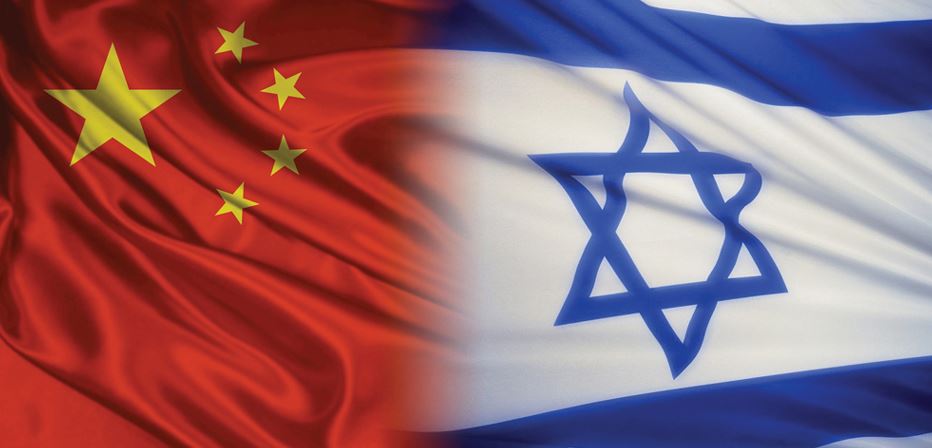This article was first published by The Times of Israel and is re-posted with permission.
The sale of auto-technology firm Mobileye to Intel Corp. for a whopping$15.3 billion was by far the most significant Israeli tech moment of 2017, but US President Donald Trump’s tax reform, along with changes in the Chinese investment environment, will also be remembered as defining the year, as they injected uncertainty into past 12 months.
At the end of 2016, the Chinese government issued restrictions on outbound investments but then clarified its position in August 2017, setting out a policy that banned certain investments, for example, in the military, gambling and sex industries; restricted investments in other areas like real estate, films, sports and hotels; but encouraged investments in industries that promote China’s technological development, as well as the oil and mining industries.
“2017 was a transition year,” said Edouard Cukierman, managing partner of Catalyst Investments L.P., an Israel-based private equity fund that manages over $250 million in investments. “The uncertain regulatory environment in China regarding investments in the first half of the year led to a slowdown in Chinese investment activity. The clarification of the rules in August has now opened up the bottleneck and I believe that in 2018 we will see renewed activity in Israel by Chinese investors.”
Catalyst’s third fund, the CEL fund, which raised $200 million in commitments from investors, was set up jointly with Hong Kong-based China Everbright Ltd. More than 50 percent of the funds raised by CEL was from Chinese investors, according to company data.
As the Asian giant seeks a stake in the global technology world, shifting its economy from a labor-intensive powerhouse to one driven by technology, Chinese firms have been on a shopping spree for technologies and startups. In the past five years Chinese companies have invested some $16 billion in Israeli firms, not only high-tech, including the $4.4 billion acquisition of Playtika by a Chinese consortium in 2016, the $510 million buyout of medical device firm Lumenis by China’s XIO Group in 2015, Alma Laser in 2013, and food company Tnuva in 2014.
SEE ALSO: With Strong Tech Ties, Is China Israel’s New Best Friend?
The cooling of China’s relations with the US — as Washington seems to have lost patience with China’s hesitation in making trade concessions and its stance on North Korea — along with the recently passed US tax reform, which will make it more attractive for US companies to invest in local firms and not as many international firms, will also have an impact on Chinese activity in Israel, he said.
To read the full article, click here:
Related posts

Editors’ & Readers’ Choice: 10 Favorite NoCamels Articles

Forward Facing: What Does The Future Hold For Israeli High-Tech?

Impact Innovation: Israeli Startups That Could Shape Our Future




Facebook comments